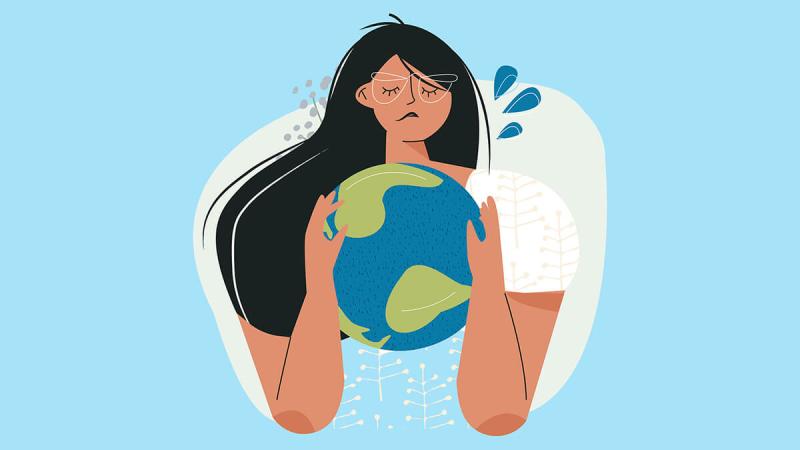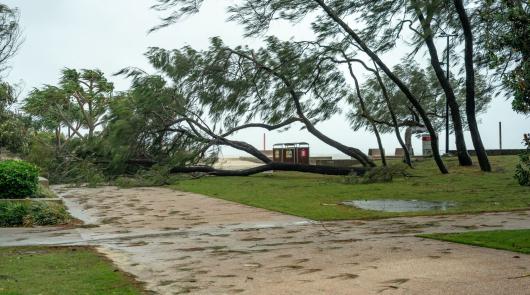
Climate change doesn’t just affect the planet, it hurts our mental health too.
We know that floods and bushfires leave physical destruction in their wake. The increased frequency of disasters associated with climate change, such as floods and hurricanes, has been identified as a potential factor leading to posttraumatic stress disorder (PTSD), adjustment disorder, and depression.
The United Nations’ Intergovernmental Panel on Climate Change has warned that global warming is driving increased mental health issues and trauma as extreme weather events become more frequent and intense.
The federal government’s recently released National Health and Climate Strategy also acknowledges the strong links between psychological wellbeing and our physical environment. Here are some tips to deal with climate anxiety:
Have a plan
If you live in an area prone to natural disasters, make sure you have an evacuation or survival plan. This can help reduce anxiety ahead of time while protecting you and your loved ones during extreme weather events.
Build community connections
Building and maintaining meaningful connections with friends and family can improve wellbeing, reduce anxiety and bolster community preparedness for extreme weather events.
Get involved
Help your community plan and prepare for extreme weather. Doing something concrete can be empowering and reduce the sense of helplessness.
Talk about it
Don’t keep your feelings bottled up inside. Reach out to a trusted friend, family member or mental health professional if anxiety is interfering with your day-to-day life.
Find out more about Flourish Australia and how we can support you here.
Talk to us today
For more information, contact us on 1300 779 270 or make an enquiry now.


